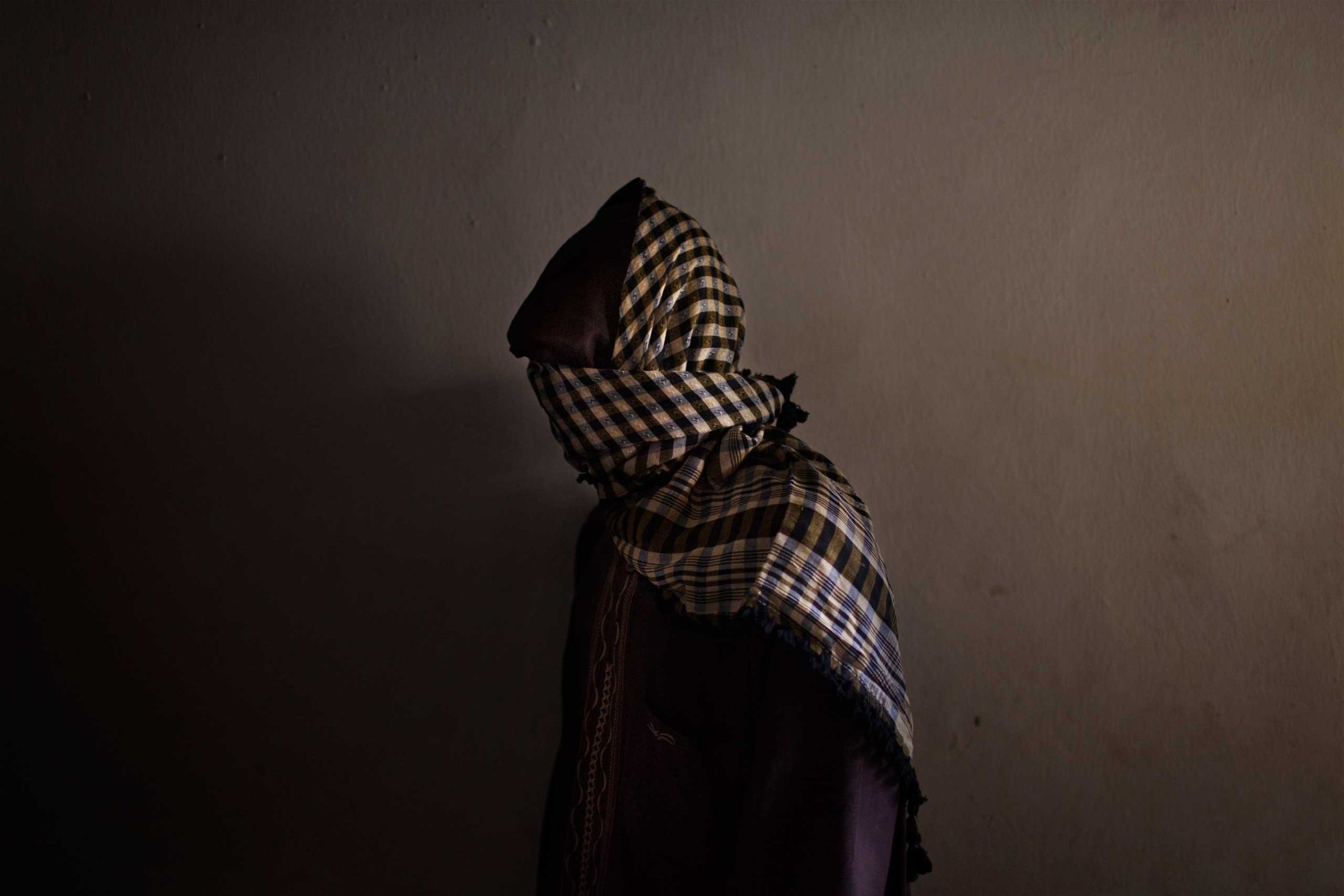
As the world responded to the Charlie Hebdo attack with a 3.7 million person march and the most tweeted hashtag in history, a surge in insurgent savagery in northeast Nigeria drew much less international attention — but was far bloodier. “Je Suis Charlie” has been the theme of the week, but we could just as easily say “Je Suis Nigeria.”
Boko Haram, an Islamist terrorist group, wants to establish a caliphate of its own, and a weak Nigerian government is struggling to respond. Here are five facts that put the group’s atrocities in context — and show why we’re likely to see more violence ahead of Nigeria’s Feb. 14 elections.
1. Shocking numbers in the news
On Jan. 3, Boko Haram began an assault on the town of Baga in Nigeria’s restive northeast. While the Nigerian government said 150 died in the attack, other estimates of the death toll ranged from hundreds to some 2,000 people. By some reports, 30,000 people have been displaced. On Saturday, a suicide bomb attached to a 10-year-old girl killed at least 16 people. Boko Haram also attacked a military base in neighboring Cameroon.
(The Atlantic, CNN, al-Jazeera, Foreign Policy)
2. Approval and elections
On the back of his successful handling of the Ebola crisis, Nigerian President Goodluck Jonathan’s approval ratings vaulted to an all-time high 74% in September. By December, this number had fallen to 55%, and in the northeast, Boko Haram’s stronghold, his approval fell 23 points that month.
Can the February presidential election even be held in Nigeria’s three northeastern states? Boko Haram wants to force the country’s electoral commission to cancel or indefinitely postpone the vote there. We’ll likely see at least some voting there, though only under heavy security, making it easier for losers to challenge the integrity of the results. In 2011, post-election violence in Nigeria killed 800 people.
(Premium Times, Human Rights Watch)
3. Boko Haram vs. Ebola
The West African Ebola outbreak has killed roughly 8,400 people so far. That’s by far the biggest Ebola outbreak ever, yet the Council on Foreign Relations has compiled data that links 10,340 violent deaths between November 2013 and November 2014 to Boko Haram–related violence. The conflict has displaced more than 1.5 million people, and with more than 20,000 square miles under its control, Boko Haram–held territory is larger than Switzerland.
(Council on Foreign Relations via NBC News, Ebola death-toll estimates via the Centers for Disease Control and Prevention, BBC, Washington Post, Telegraph, the New Yorker)
4. The government’s energy headache
The major problems in Nigeria’s energy sector makes a robust and costly response to Boko Haram that much more difficult. A steep fall in oil prices — down more than 50% since June — is bad news for a country that relies on crude for 95% of export revenue and 75% of government revenue. Nigeria has also severe electricity generation concerns. Though Nigeria is Africa’s largest oil producer, as of 2012, the country’s per capita electricity consumption was just 7% of Brazil’s and 3% of South Africa’s. Half of Nigeria’s 170 million people have no access to electricity whatsoever.
(The Economist, the Guardian, the U.N. Africa Renewal, Energy Information Administration)
5. A blind eye
President Jonathan has an election to win, and his government has been accused of underestimating deaths attributable to Boko Haram to deflect political criticism. Less than 24 hours after the Charlie Hebdo massacre in Paris, President Jonathan publicly declared it a “dastardly terrorist attack.” Yet nine days after the violence in Baga began, Jonathan has not publicly acknowledged that the attacks had even happened, though a spokesman for Nigeria’s Defense Ministry issued a statement questioning the “exaggerated” death-toll estimates, dismissing them as “speculation and conjecture.”
(BBC, the Atlantic, transcript of Jan. 8 campaign rally via Sahara Reporters, CNN, Foreign Policy)
Read next: Detained Washington Post Journalist Indicted in Iran
More Must-Reads From TIME
- The 100 Most Influential People of 2024
- The Revolution of Yulia Navalnaya
- 6 Compliments That Land Every Time
- What's the Deal With the Bitcoin Halving?
- If You're Dating Right Now , You're Brave: Column
- The AI That Could Heal a Divided Internet
- Fallout Is a Brilliant Model for the Future of Video Game Adaptations
- Want Weekly Recs on What to Watch, Read, and More? Sign Up for Worth Your Time
Contact us at letters@time.com